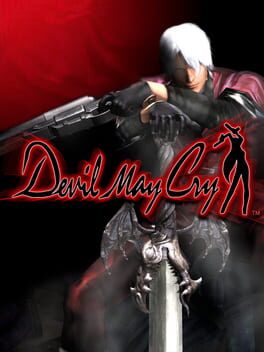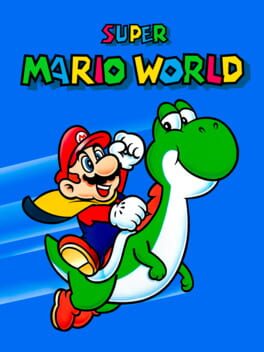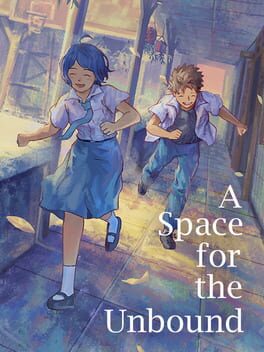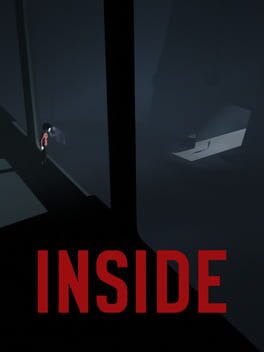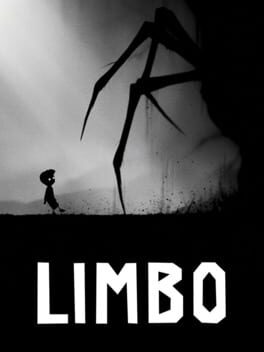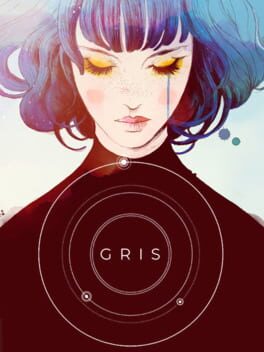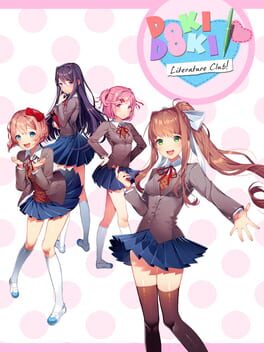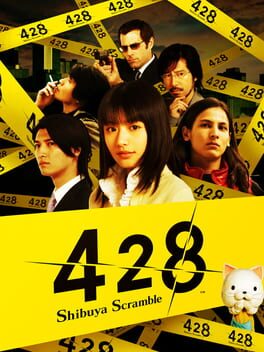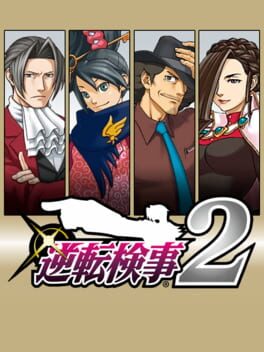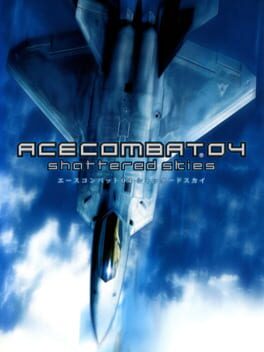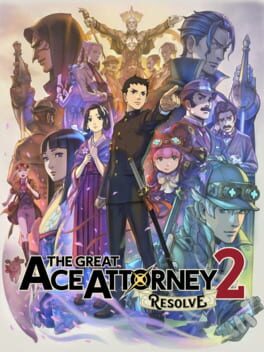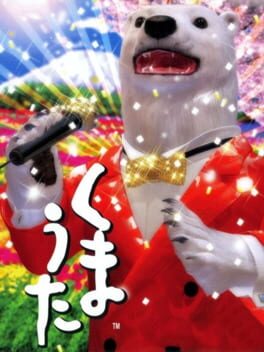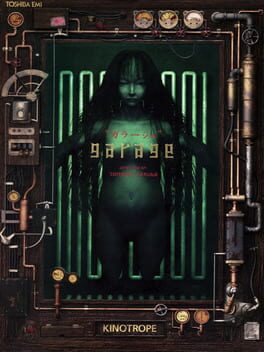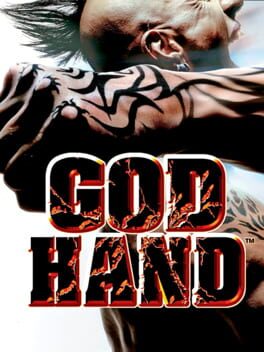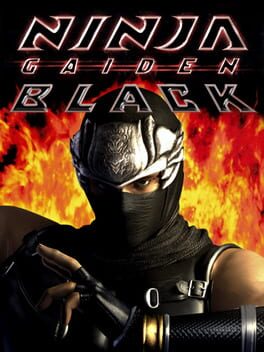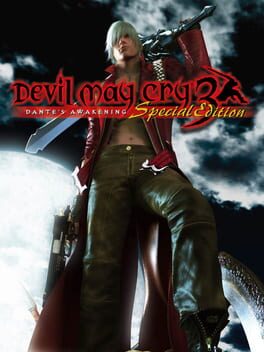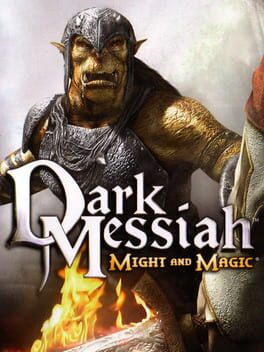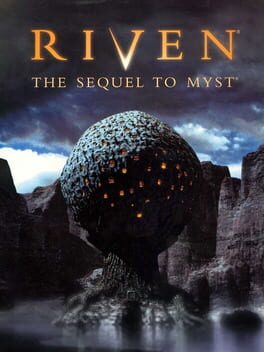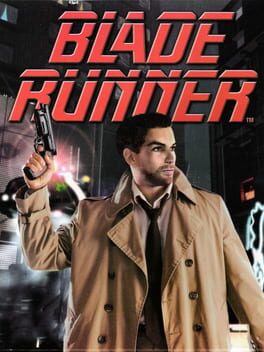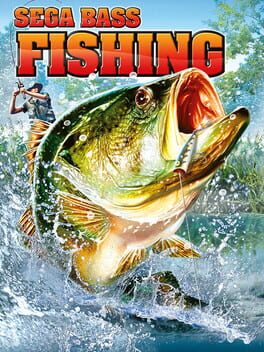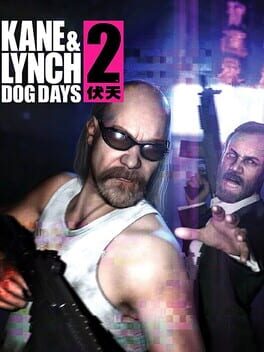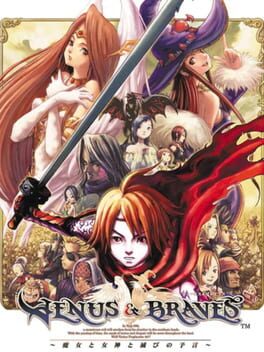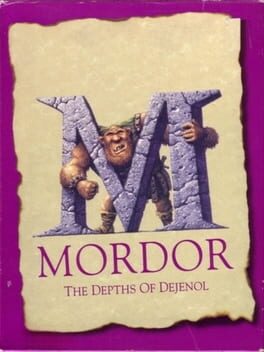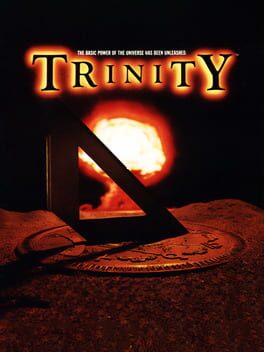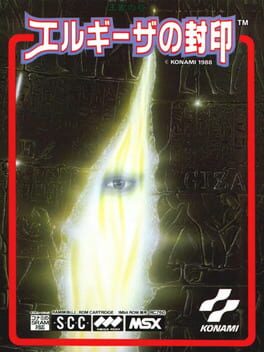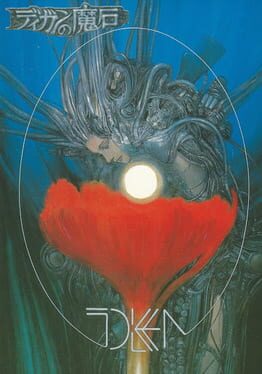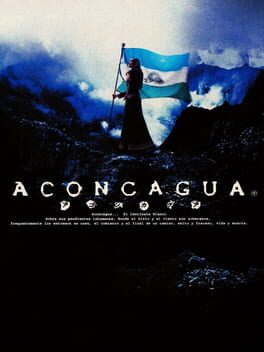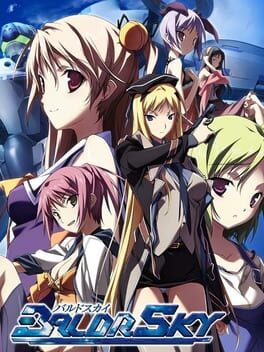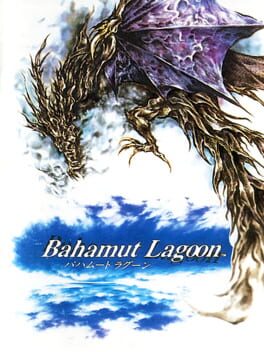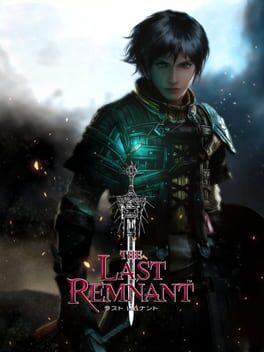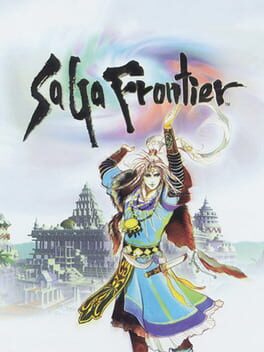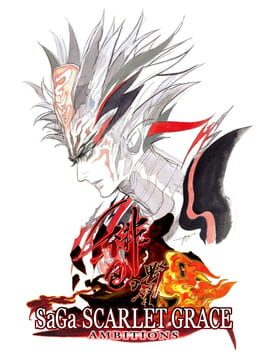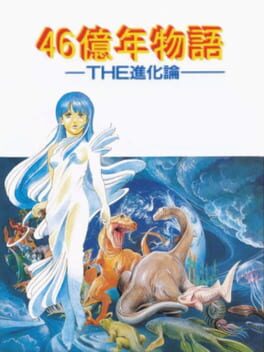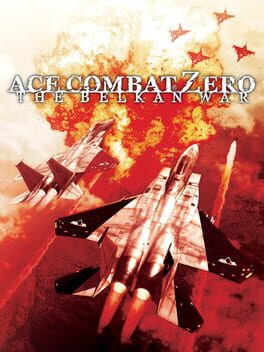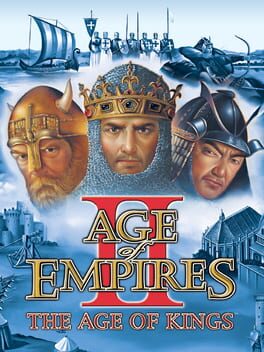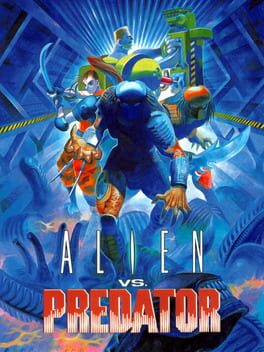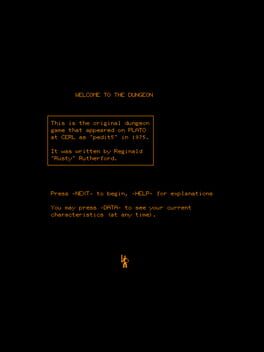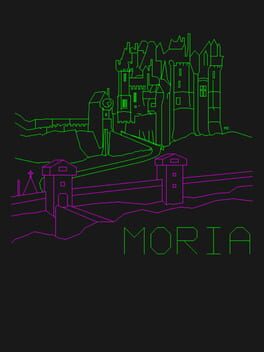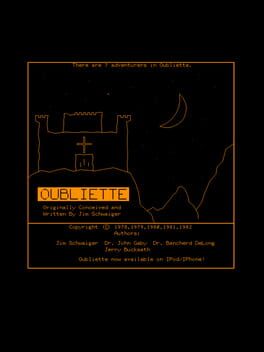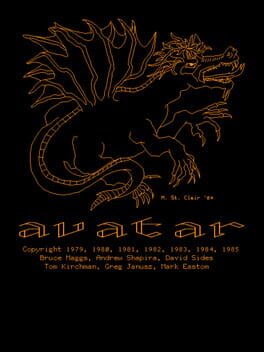caiofxrreirv
11 reviews liked by caiofxrreirv
Resident Evil 4
2023
Devil May Cry
2001
Super Mario World
1990
realized i'd somehow gotten away with not reviewing super mario world despite covering the majority of the classic mario line-up prior, so here goes. in short - i think super mario world vs. super mario bros. 3 is a pretty legitimate argument and not nearly as far to one side as many would have you believe. that said, based on what i look for in mario games, and just as likely based on the fact that super mario bros. 3, being my first video game period, set the standard for what i was going to expect, i do feel that mario world comes up just a tad bit short. to elaborate -
i feel that super mario world is defined by excellence in simplicity. there's only two major power-up routes in the game - fire flower and cape - as opposed to mario 3's wide arsenal of abilities. you could argue yoshi balances this out, and i could see where you're coming from, but i often feel as if mario world doesn't really know what to do with him there. there's not really enough yoshi brings to the table in this debut title that really benefits from his being here. compare this, even, to his implementation - successful or otherwise - in titles like mario sunshine or galaxy 2. here, yoshi feels more like an extra hit and a temporary bulk to mario's powers, but not all that essential to the core game design. levels were designed around exploration with flight in mario 3, and that's still true here, though i do find that the cape is far more cumbersome to use. interesting mechanic but less reliable and enjoyable. and frankly, the lack of really cool abilities like the tanooki and hammer bros. suits are a bit disappointing.
is the level design better than mario 3's? sometimes. sometimes you have some really excellent challenges at hand like a plethora of the star road levels or the more uptempo platforming challenges, but just as commonly you'll get a level with poor enemy placement or confusing 'dungeon' mechanics. i love a good deal of mario world, but the amount of times i've hit forest of illusion and gone, "eh, i'll come back to this" and never do... it's pretty remarkable.
what's the point of lives here? since the game incentivizes you to seek out secret exits and with a half hour of gametime rewards light exploration with infinite flowers, capes, and lives, any potential threat of a game over - which also means next to nothing in this game - is rendered moot. for a console leap forward, this is the type of archaic design that, unless carried over with a deliberate purpose, really should've been left behind with the nes.
you might read all the above and think i find this game overrated or something. what do i look like? it's fucking mario world. the soundtrack manages to implement a single motif so many ways it's astounding. the visuals are great with some of the most iconic spritework in the series. the characters and enemies are timeless. prefer mario 3 as i may, i've played through mario world so many times i couldn't possibly count. there's a reason it's one of THE most iconic games ever made.
i feel that super mario world is defined by excellence in simplicity. there's only two major power-up routes in the game - fire flower and cape - as opposed to mario 3's wide arsenal of abilities. you could argue yoshi balances this out, and i could see where you're coming from, but i often feel as if mario world doesn't really know what to do with him there. there's not really enough yoshi brings to the table in this debut title that really benefits from his being here. compare this, even, to his implementation - successful or otherwise - in titles like mario sunshine or galaxy 2. here, yoshi feels more like an extra hit and a temporary bulk to mario's powers, but not all that essential to the core game design. levels were designed around exploration with flight in mario 3, and that's still true here, though i do find that the cape is far more cumbersome to use. interesting mechanic but less reliable and enjoyable. and frankly, the lack of really cool abilities like the tanooki and hammer bros. suits are a bit disappointing.
is the level design better than mario 3's? sometimes. sometimes you have some really excellent challenges at hand like a plethora of the star road levels or the more uptempo platforming challenges, but just as commonly you'll get a level with poor enemy placement or confusing 'dungeon' mechanics. i love a good deal of mario world, but the amount of times i've hit forest of illusion and gone, "eh, i'll come back to this" and never do... it's pretty remarkable.
what's the point of lives here? since the game incentivizes you to seek out secret exits and with a half hour of gametime rewards light exploration with infinite flowers, capes, and lives, any potential threat of a game over - which also means next to nothing in this game - is rendered moot. for a console leap forward, this is the type of archaic design that, unless carried over with a deliberate purpose, really should've been left behind with the nes.
you might read all the above and think i find this game overrated or something. what do i look like? it's fucking mario world. the soundtrack manages to implement a single motif so many ways it's astounding. the visuals are great with some of the most iconic spritework in the series. the characters and enemies are timeless. prefer mario 3 as i may, i've played through mario world so many times i couldn't possibly count. there's a reason it's one of THE most iconic games ever made.
Inside
2016
PELO AMOR DE DEUS QUE JOGO INCRÍVEL! foi uma experiência MUITO maneira que issoooo eu amei a ambientação, amei os puzzles, amei a crítica phoda, eu amei simplesmente TUDO! sou grata infinitamente por meu namorado ter me indicado essa obra-prima <3 nossa gente nem sei mais o que dizer sei lá tô sem palavras já quero voltar e platinar esse jogo inteiro
Limbo
2010
The biggest video game mystery of the past decade. It's the most groundbreaking, medium-redefining experience of our generation - and nobody can explain why. I'm convinced this is all a conspiracy orchestrated by YouTube video essayists. The promise (yet unfulfilled) of The Great Open World Video Game blinds us to the fact that we've seen all of this many times before.
Fundamentally, Breath of the Wild is a pastiche of the safest, most focus-tested game design principles of the preceding decade. You could call it the 'Tower' type game. Climb a tower to unlock a new area on your map, which will reveal the repeatable skinner box activities you can complete there. Puzzles, dungeons, enemy camps, the usual. These activities give you something like XP, increased health, or a new item, which account for progression. Once you're done, you climb another tower and repeat the process until you're ready to fight the final boss (or more likely, until you're bored and ready to rush to the game's end).
That's the gameplay loop. And like every single other one of these games ever made, the loop eventually becomes a dull grind. Breath of the Wild does nothing to solve this problem endemic to open world games. Some have praised the game's traversal, which, other than shield surfing (which is cool to be fair), is really just climbing walls, riding a horse, using a glider, or fast travelling; the same traversal methods in Assassin's Creed: Brotherhood, released seven years earlier (Shadow of the Colossus is also a clear influence). Really I would challenge anyone to explain how Breath of the Wild is a masterpiece while Assassin's Creed is a soulless corporate product. You're playing the same game. What's the difference besides some nice vibes and a cell-shaded art style? Grass? At least Assassin's Creed has that cyberpunk meets ancient aliens meets secret societies meets historical fiction bullshit made up by French people. That's creativity.
Proponents of the game may praise the Shiekah slate physics abilities as an innovation, and that feels true at first. But eventually your enemies become too powerful for hitting them with rocks or whatever to do a thing; you'll need to use some bullshit level-scaled RPG weapon. And even if the Shiekah slate remained effective in combat, you would still end up doing this. Why? Because this game has so much dull, repeated content to wade through that it becomes easier to take the path of least resistance, the least thought required, and just hit them with your sword. 30 hours in, no player is using cool Shiekah slate tricks to clear those regenerating bokoblin camps.
Much discussion has already been had on the monotony of the 120 copy-pasted shrines, which make up the bulk of the game's content (its version of the side tasks from Assassin's Creed), and the 900 copy-pasted korok seed puzzles, which act as the collectibles obligatory of every Tower game. I won't rehash that too much here, copy-pasted content is already the most common criticism of open world games in general. But knowing that, I want to talk about something I've noticed with a lot of the praise for this game.
Some of the most common sentiments expressed toward Breath of the Wild are that it's "magical" and captures the "joy of discovery" and a sense of "childlike wonder". And I think if you play through the entire game and still feel this way, then that is a horror beyond comprehension. What was your childhood like? Did you spend it as a laboratory subject or something? Just completing mundane, repeated tasks and being awarded food pellets? Because that's what Breath of the Wild is: a world filled not with a sense of mystery or infinite possibility, but the exact opposite: A world where you know exactly what you will find under every rock, inside every strange ruin, over every next hill. A completely controlled, sterile environment of utilitarian systems for the player to exploit. Completely antithetical to anything "magical".
I think there's a pretty strong argument to be made that video games fundamentally cannot represent anything magical, emotional, or spiritual. Depicting anything in interactive form drains it of all sacred meaning, makes it a joke; it's the "press f to pay respects" problem. The tenets of game design stipulate systems and mechanics that are rational and understandable to players. That might be the biggest sin of video games as an artistic medium: taking everything unquantifiable and beautiful in life and reducing it to man-made systems for a single individual to exploit (For more discussion of this issue, play the Metal Gear Solid series).
This is felt especially harshly in a Tower game like Breath of the Wild, where an entire open world is reduced to a few classes of interactive activities. Progressing through a game like this is a process of total disillusionment with the entire world; spiritual death. It accidentally replicates the central theme of Ocarina of Time: the transition from idyllic childhood to grim adulthood. But Ocarina ends with Link confronting the darkness of adulthood and returning to a childlike state of play with his adult wisdom integrated. Breath of the Wild, though, is a state of permanent adolescence - it never goes anywhere, and simply decays over time. Eventually, you exhaust all of this life's possibilities and choose to finally, mercifully end it. Deciding to face Ganon isn't about bringing the story to a climax; it's the gameplay equivalent of taking a plane to Switzerland to get euthanized. And the game practically spits in your face after you defeat him, simply reverting to an old save before the final fight. There is no salvation, no redemption for this world. Only the ceaseless march of content.
Early on I said this game's reputation is a mystery, and I actually lied; there's a pretty simple explanation, one that I briefly mentioned:grass vibes. The game has an incredible atmosphere when you're first starting out, and that's what people are talking about when they call it "a breath of fresh air" or whatever cliché they think of. It has nothing to do with any game design element found here. Because there is no common understanding of what that would even mean. There's no concept of the formal elements of game design, or the storytelling language of video games. We're all just making this shit up.
People only pay attention to, y'know, the actual art: music, animation, visuals. The game itself can be anything, nobody really cares. The discourse surrounding games as a medium of art in themselves is mostly bullshit. People appreciate the traditional artistic aspects of a game (music, animation, visuals, acting performances, writing) and then project that sense of artistry onto the game design itself, where there is none (and in fact, there is a profound dissonance between it and those elements). That's how people process games as an art form. And that's why games like Breath of the Wild are held up as the pinnacle of games as art.
(I'll also say that I have no respect for any open world game like this after the release of Metal Gear Solid V (2015). It correctly portrayed this breed of AAA open world game as something that cannot be revived or rejuvenated as Breath of the Wild attempts to do; this is all salted earth. If MGSV had been properly understood, we would have seen it as the just and merciful execution of games like this.)
Fundamentally, Breath of the Wild is a pastiche of the safest, most focus-tested game design principles of the preceding decade. You could call it the 'Tower' type game. Climb a tower to unlock a new area on your map, which will reveal the repeatable skinner box activities you can complete there. Puzzles, dungeons, enemy camps, the usual. These activities give you something like XP, increased health, or a new item, which account for progression. Once you're done, you climb another tower and repeat the process until you're ready to fight the final boss (or more likely, until you're bored and ready to rush to the game's end).
That's the gameplay loop. And like every single other one of these games ever made, the loop eventually becomes a dull grind. Breath of the Wild does nothing to solve this problem endemic to open world games. Some have praised the game's traversal, which, other than shield surfing (which is cool to be fair), is really just climbing walls, riding a horse, using a glider, or fast travelling; the same traversal methods in Assassin's Creed: Brotherhood, released seven years earlier (Shadow of the Colossus is also a clear influence). Really I would challenge anyone to explain how Breath of the Wild is a masterpiece while Assassin's Creed is a soulless corporate product. You're playing the same game. What's the difference besides some nice vibes and a cell-shaded art style? Grass? At least Assassin's Creed has that cyberpunk meets ancient aliens meets secret societies meets historical fiction bullshit made up by French people. That's creativity.
Proponents of the game may praise the Shiekah slate physics abilities as an innovation, and that feels true at first. But eventually your enemies become too powerful for hitting them with rocks or whatever to do a thing; you'll need to use some bullshit level-scaled RPG weapon. And even if the Shiekah slate remained effective in combat, you would still end up doing this. Why? Because this game has so much dull, repeated content to wade through that it becomes easier to take the path of least resistance, the least thought required, and just hit them with your sword. 30 hours in, no player is using cool Shiekah slate tricks to clear those regenerating bokoblin camps.
Much discussion has already been had on the monotony of the 120 copy-pasted shrines, which make up the bulk of the game's content (its version of the side tasks from Assassin's Creed), and the 900 copy-pasted korok seed puzzles, which act as the collectibles obligatory of every Tower game. I won't rehash that too much here, copy-pasted content is already the most common criticism of open world games in general. But knowing that, I want to talk about something I've noticed with a lot of the praise for this game.
Some of the most common sentiments expressed toward Breath of the Wild are that it's "magical" and captures the "joy of discovery" and a sense of "childlike wonder". And I think if you play through the entire game and still feel this way, then that is a horror beyond comprehension. What was your childhood like? Did you spend it as a laboratory subject or something? Just completing mundane, repeated tasks and being awarded food pellets? Because that's what Breath of the Wild is: a world filled not with a sense of mystery or infinite possibility, but the exact opposite: A world where you know exactly what you will find under every rock, inside every strange ruin, over every next hill. A completely controlled, sterile environment of utilitarian systems for the player to exploit. Completely antithetical to anything "magical".
I think there's a pretty strong argument to be made that video games fundamentally cannot represent anything magical, emotional, or spiritual. Depicting anything in interactive form drains it of all sacred meaning, makes it a joke; it's the "press f to pay respects" problem. The tenets of game design stipulate systems and mechanics that are rational and understandable to players. That might be the biggest sin of video games as an artistic medium: taking everything unquantifiable and beautiful in life and reducing it to man-made systems for a single individual to exploit (For more discussion of this issue, play the Metal Gear Solid series).
This is felt especially harshly in a Tower game like Breath of the Wild, where an entire open world is reduced to a few classes of interactive activities. Progressing through a game like this is a process of total disillusionment with the entire world; spiritual death. It accidentally replicates the central theme of Ocarina of Time: the transition from idyllic childhood to grim adulthood. But Ocarina ends with Link confronting the darkness of adulthood and returning to a childlike state of play with his adult wisdom integrated. Breath of the Wild, though, is a state of permanent adolescence - it never goes anywhere, and simply decays over time. Eventually, you exhaust all of this life's possibilities and choose to finally, mercifully end it. Deciding to face Ganon isn't about bringing the story to a climax; it's the gameplay equivalent of taking a plane to Switzerland to get euthanized. And the game practically spits in your face after you defeat him, simply reverting to an old save before the final fight. There is no salvation, no redemption for this world. Only the ceaseless march of content.
Early on I said this game's reputation is a mystery, and I actually lied; there's a pretty simple explanation, one that I briefly mentioned:
People only pay attention to, y'know, the actual art: music, animation, visuals. The game itself can be anything, nobody really cares. The discourse surrounding games as a medium of art in themselves is mostly bullshit. People appreciate the traditional artistic aspects of a game (music, animation, visuals, acting performances, writing) and then project that sense of artistry onto the game design itself, where there is none (and in fact, there is a profound dissonance between it and those elements). That's how people process games as an art form. And that's why games like Breath of the Wild are held up as the pinnacle of games as art.
(I'll also say that I have no respect for any open world game like this after the release of Metal Gear Solid V (2015). It correctly portrayed this breed of AAA open world game as something that cannot be revived or rejuvenated as Breath of the Wild attempts to do; this is all salted earth. If MGSV had been properly understood, we would have seen it as the just and merciful execution of games like this.)

